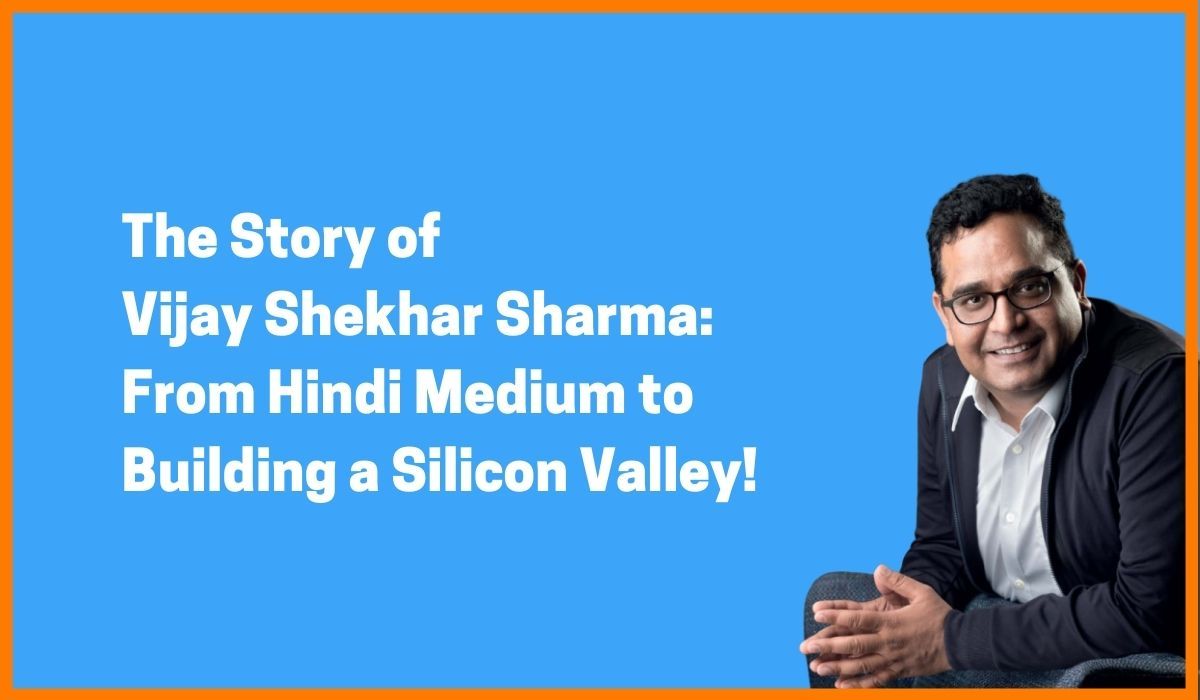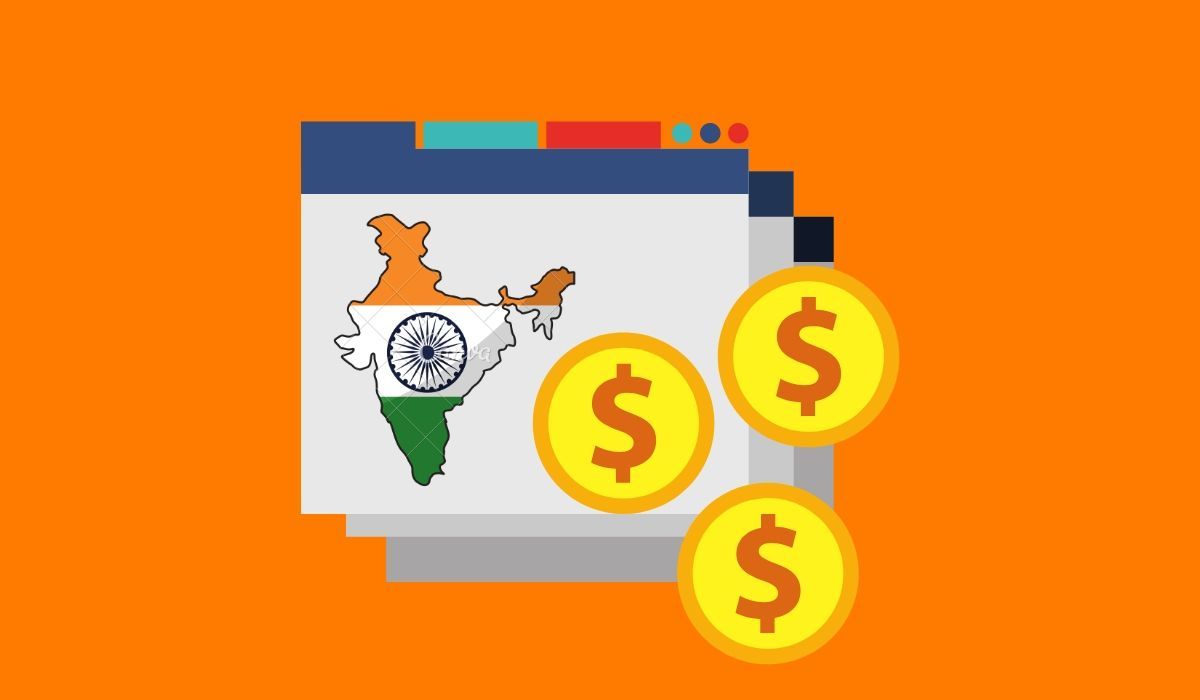Sandeep Tandon is a technology entrepreneur, investor, and mentor for the startups and entrepreneurs of today. Tandon is widely recognized as the Co-founder of one of India’s first mobile payment platforms FreeCharge, along with Kunal Shah, which was sold to Snapdeal in March 2015 and was eventually acquired by Axis Bank in 2017. He currently serves as the Managing Director of Tandon Group, a technology catalyst that owns numerous businesses by providing resources to startup companies in India and North America, along with being a Board Member and Executive Chairman of a number of other companies.
Tandon is an active Angel Investor and aids as a mentor to several technology startups. He has served the technology industry for more than 20 years now. He holds a net worth of over Rs.11.5 crore, as of 30 September 2020.
Sandeep Tandon- Biography
| Name | Sandeep Tandon |
|---|---|
| Born | 17 May, 1969 |
| Birthplace | Mumbai, Maharashtra, India |
| Age | 52 (2021) |
| Nationality | Indian |
| Education | University of Southern California |
| Profession | Entrepreneur, Venture Capitalist, Investor |
| Position | Co-founder, FreeCharge , Board Member, CRED |
| Net worth | Rs 11.5 crore ( 30 September 2020 ) |
Sandeep Tandon- Early Life
Sandeep Tandon- Career
Sandeep Tandon- Personal Life
Sandeep Tandon- Professional Life
Sandeep Tandon- FreeCharge
Sandeep Tandon- Tandon Group
Sandeep Tandon- Board of Director
Sandeep Tandon- Angel Investor
Sandeep Tandon- Early Life

Sandeep Tandon was born and brought up in Mumbai, Maharashtra, India. His career graph ran across California and Mumbai. After completing his graduation, Tandon initially started with a Los Angeles startup firm, which he eventually resigned from in order to set up his own accounts payable company.
Sandeep Tandon- Career
Sandeep Tandon completed his formal education from Bombay Scottish. He further pursued the Bachelors and Masters of Science in Electrical Engineering from the University of Southern California.
He has a connection with Harvard University, where he served as the Owner President Manager- YPO Presidents Seminar and studied Business Administration and Management (2008 to 2017).
Sandeep Tandon- Personal Life
Sandeep Tandon currently resides in Mumbai with his family, and frequently mentors future leaders.

Sandeep Tandon- Professional Life
After completing his education, Sandeep worked as an application engineer for a Los Angeles startup. Soon, he left the startup to launch his own accounts payable company, IQBackOffice. However, he sold his company in the year 2000 and then decided to return to India to work for Celetronix.
He examined the operations of Celetronix India until 2006 when it was sold to Jabil Circuits. He eventually served as the Chairman of the Electronics Software Export Promotion Council (ESC). Moreover, he is also a Member of Young President Organisation (Mumbai Chapter). In 2010, he co-founded FreeCharge, which became India’s fastest-growing mobile payment app. FreeCharge initially was started as an Indian financial services platform that enabled the users to pay their phone bills and other utility bills from their mobile devices and was gradually transformed into an eCommerce platform, here Tandon had a huge contribution for sure.
After the acquisition of FreeCharge, Sandeep Tandon served as the Non-Executive Chairman of AAVAS Financiers since 27 July 2017. FreeCharge, which was built by Sandeep Tandon and CRED Founder, Kunal Shah, was sold to Snapdeal for a whopping $400 mn in 2015, which is easily one of the largest deals to date in the consumer internet space. This utility bill payment company was again acquired by Axis Bank on July 27, 2017, in a deal worth $60 mn.
He is currently serving several key leadership designations at once. He is presently an Executive Board Member at Infinx Healthcare, a software that provides patient access and revenue cycle management for healthcare providers; the Executive Chairman of Syrma Technology, an electronics manufacturing service provider. He is also a Member of the Board of Advisors at USC Viterbi School of Engineering, IIFL Investment Managers, and Iron Pillar. Along with this, Tandon has also the Chairman Of The Board at Aavas Financiers Ltd and an investing partner of Whiteboard Capital since January 2018.
He is the Managing Director at Tandon Group, through which he examines a bunch of companies and works as an Angel Investor providing funding for startup ventures. Besides, Tandon is still serving as a Board Member at CRED.

Sandeep Tandon- FreeCharge

Sandeep Tandon co-founded FreeCharge in August 2010 with Kunal Shah. The company was headquartered in Gurugram, India. The users having pre-paid phones can purchase minutes through the FreeCharge app or website. It basically initiated the transformation of purchasing minutes from their own device instead of buying minutes from the store.
He also co-founded Accelyst Solutions Private Limited. FreeCharge is founded by its parent company, Accelyst Solutions, where Sandeep has been serving as the Chief Business Officer since 1 September 2015. The company offers a varied range of online recharge services to prepaid mobile, DTH, and data card operators.
Tandon continued to transform FreeCharge into an e-commerce venture and it operates in India. However, the company was acquired by Snapdeal in India’s largest M&A internet deal in March 2015.
Sandeep Tandon- Tandon Group
Sandeep as the Managing Director examines the operations of Tandon Technology Ventures (Tandon Group). Through his venture, he oversees the strategy to fund startup companies as an Angel Investor. The company was founded in 1978 and is headquartered in Mumbai and Silicon Valley.
| Subsidiaries of Tandon Group |
|---|
| Syrma Technology Private Limited |
| TIS International (USA) |
| TIS-BPO |
| Tancom Electronics Private Limited |
| Tandon Information Solutions Private Limited |
| Tovya Automation Private Limited |
| Tandon Advance Devices Private Limited |
Sandeep Tandon- Board of Director
Sandeep serves as the Member of the Board of Directors at various companies. He is a Member of the Board of Advisors at USC Viterbi School of Engineering since March 2014.
He is also a Member of the Board of Advisors of a Seed fund, IIFL Investment Managers, and Iron Pillar since January 2017. He became the Member Board of Directors at CRED in October 2018 and is presently still aligned with the firm.
Sandeep Tandon- Angel Investor
Sandeep has made 21 investments to date. His investment in the Seed Round of indiagold is the most recent one that came in on February 27, 2021.
He invested in an Angel Round- Genius Teacher on 19 October 2020 followed by another investment on February 25, 2021, after which came the investment in indiagold. He has raised funding of $2 million for Genius Teacher. The same day, he raised $6 million in seed funding for a venture named Dukaan.
He has raised $10 million for Atomberg Technology on 4 September 2019. Another organization, Progcap received funding of $5 million on 31 July 2019.
On 6 June 2017, Spinny got funding of $1 million. Unacademy received Series A funding of $4.5 million on 13 January 2017. Pocket Aces was bestowed with a funding of $3 million on 15 December 2016. Bharat Bazaar was funded as well on 4 October 2016.
Here’s a look at some of the recent investments made by Sandeep Tandon:
| Investment Date | Name of the Company | Name of the Funding Rounds |
|---|---|---|
| February 27, 2021 | indiagold | Seed Round |
| February 25, 2021 | Raise Financial Services | Seed Round |
| October 19, 2020 | Genius Teacher | Angel Round |
| October 19, 2020 | Dukaan | Seed Round |
| September 4, 2019 | Atomberg Technology | Series A |
| July 31, 2019 | Progcap | Series A |
| June 6, 2017 | Spinny | Seed Round |
| January 13, 2017 | Unacademy | Series A |
| December 15, 2016 | Pocket Aces | Series A |
| October 14, 2016 | Bharat Bazaar | Seed Round |
Sandeep Tandon- FAQs
What is FreeCharge app?
FreeCharge is one of India’s leading payments app. Consumers can use it for making postpaid, prepaid, metro recharge, DTH, and other utility payments across the country.
Is FreeCharge Indian app?
Yes, it’s an Indian app.
Is FreeCharge safe?
Yes, Freecharge is quite safe to use. This online recharge and bill payments platform is now owned by Axis Bank.
What is Sandeep Tandon’s Net Worth?
Sandeep Tandon had a net worth of Rs 11.5 Crore when estimated in 2020.

















